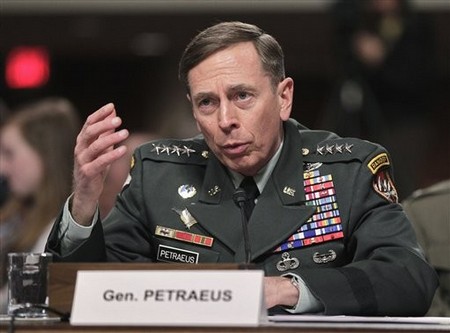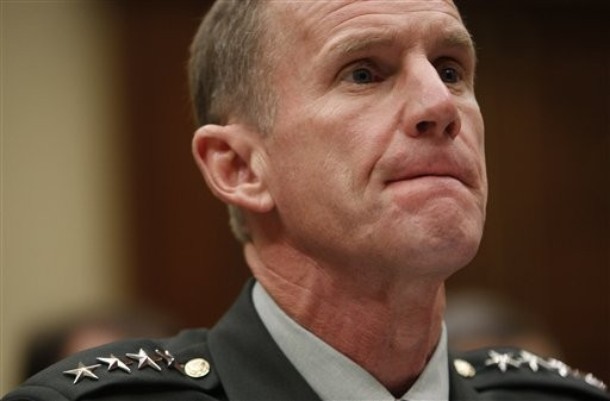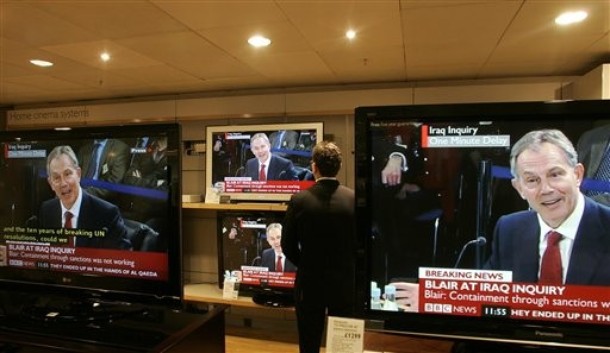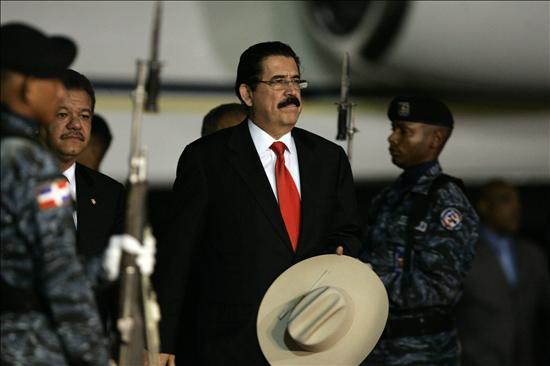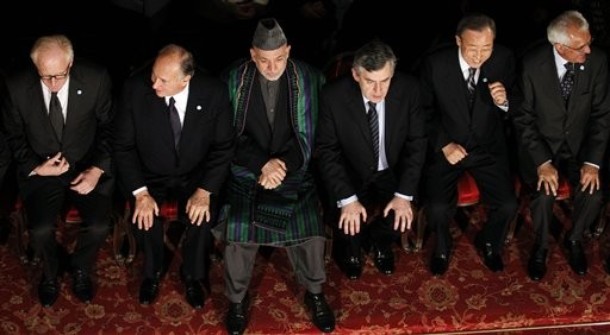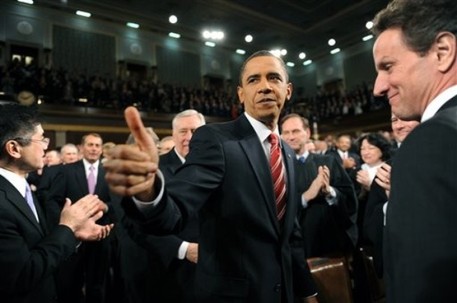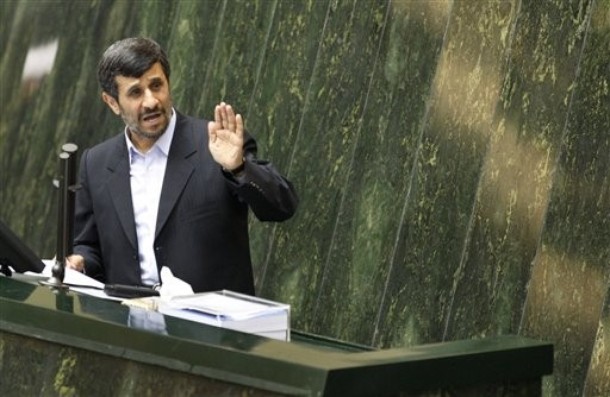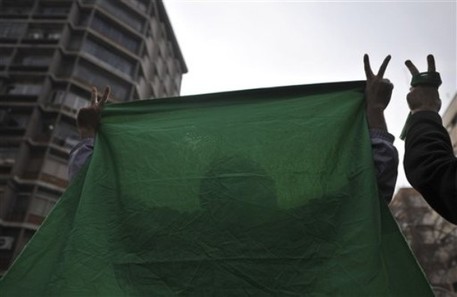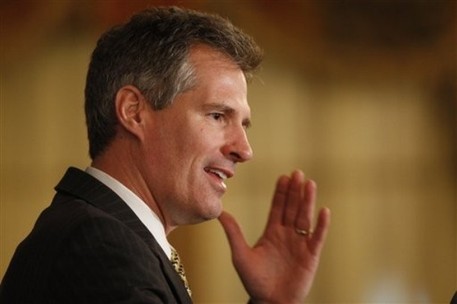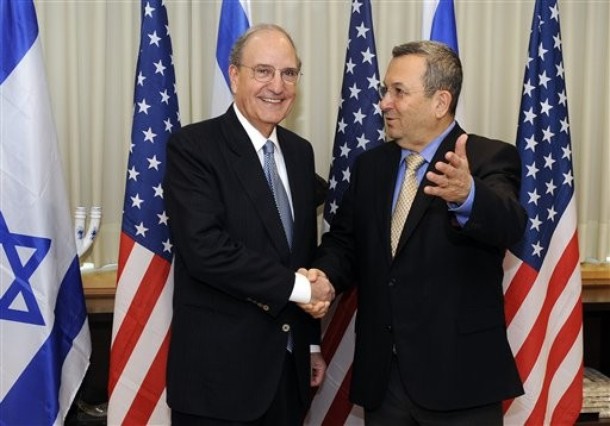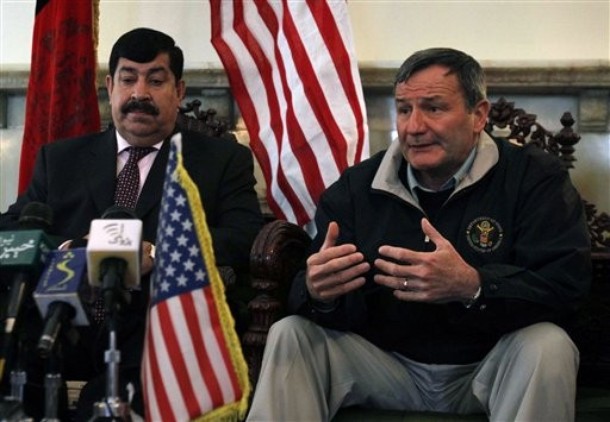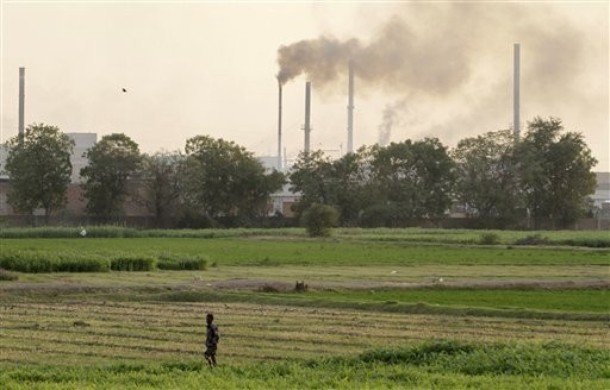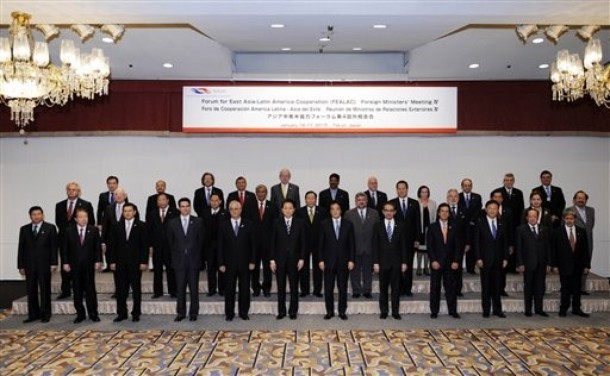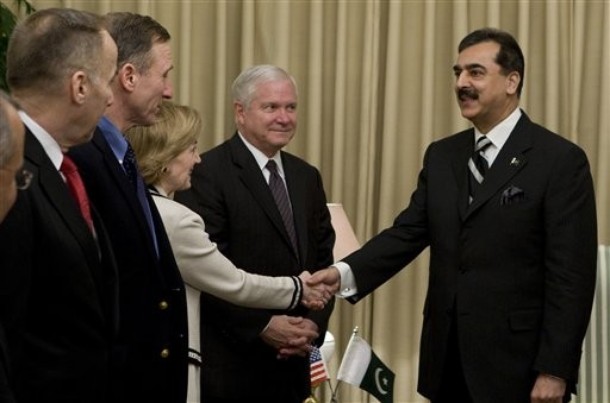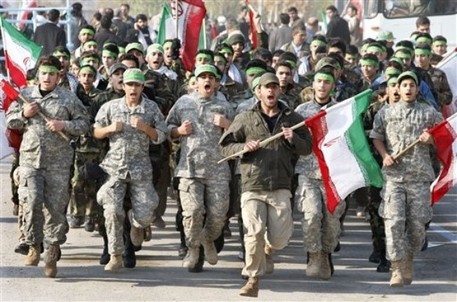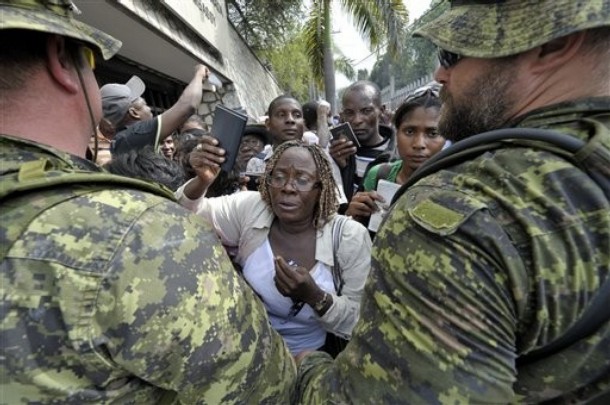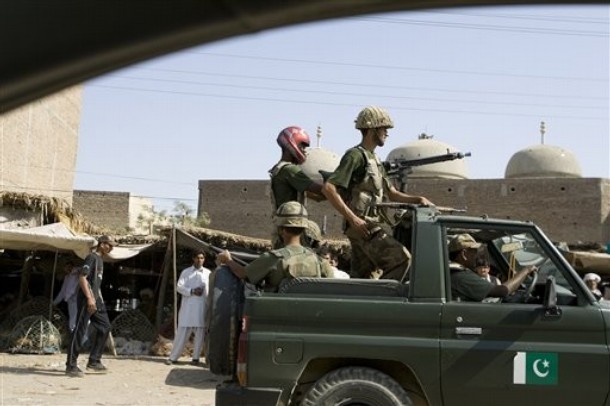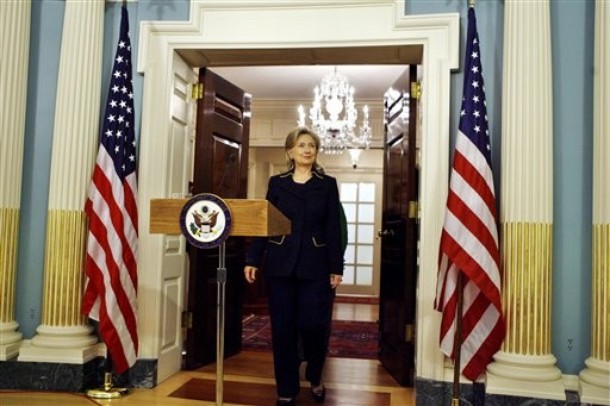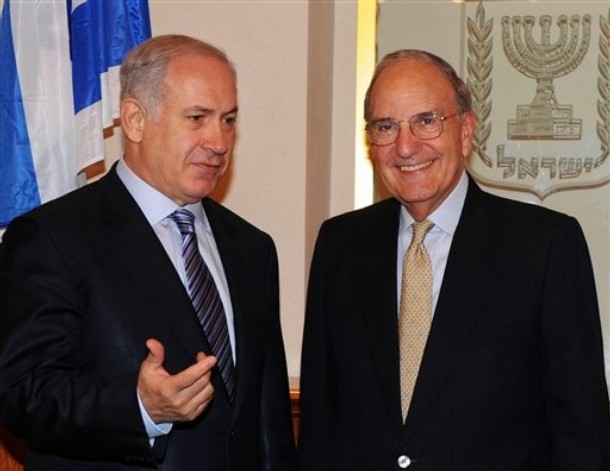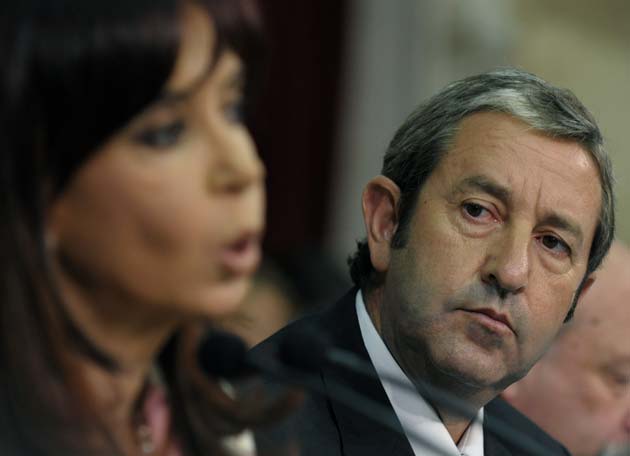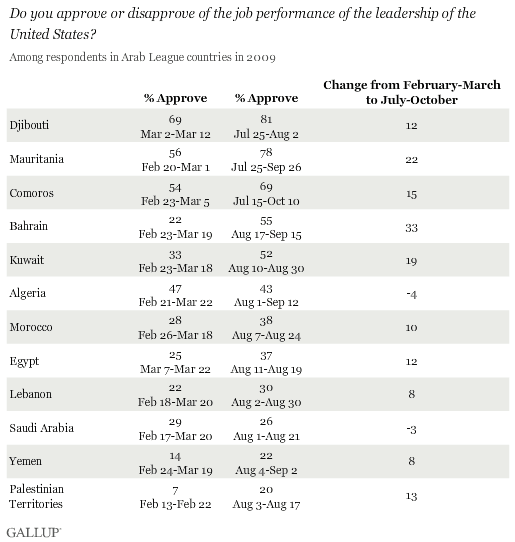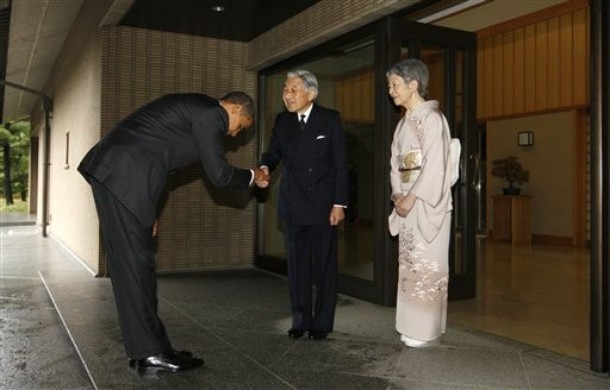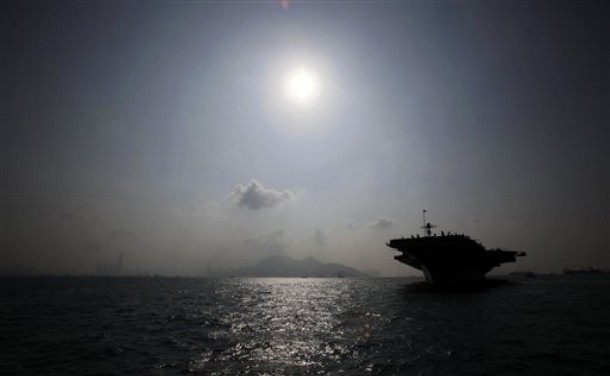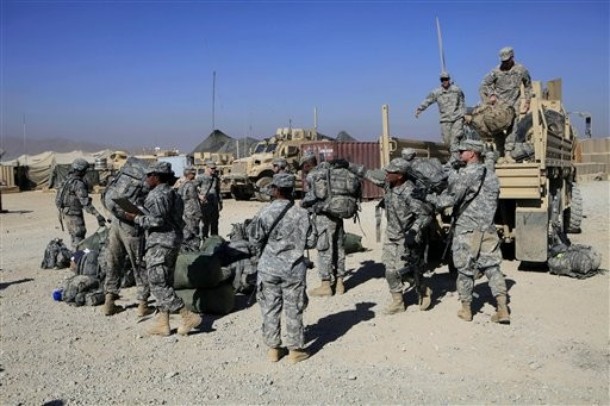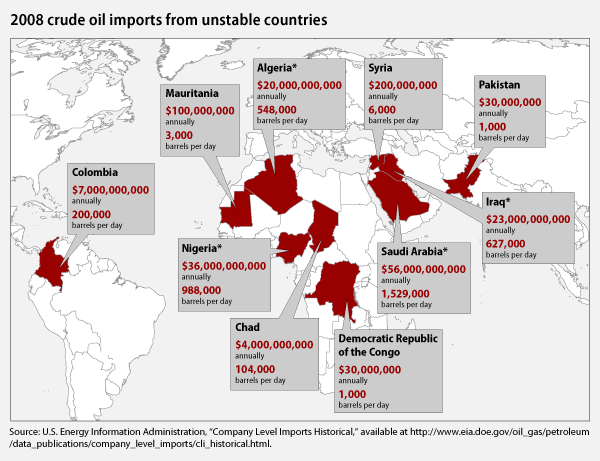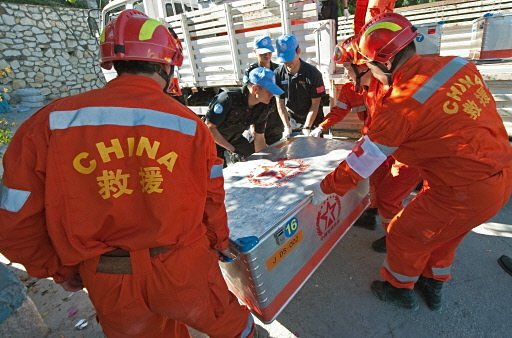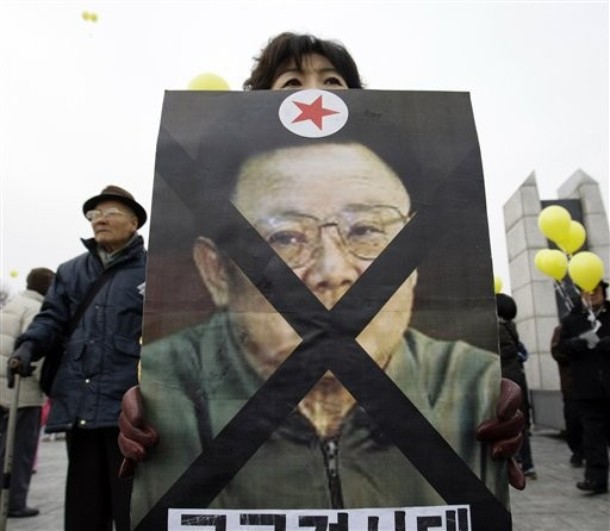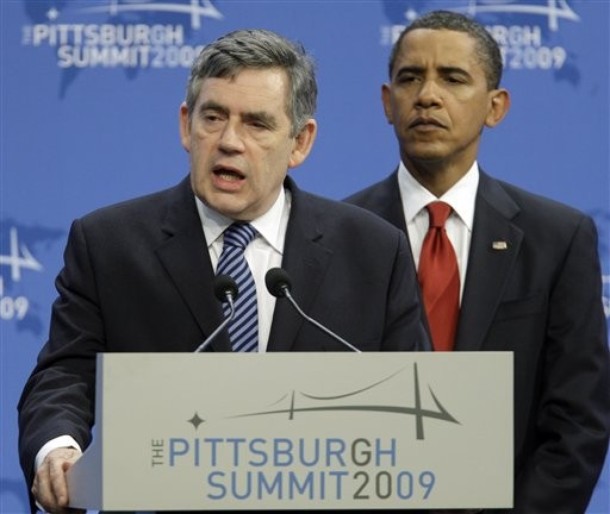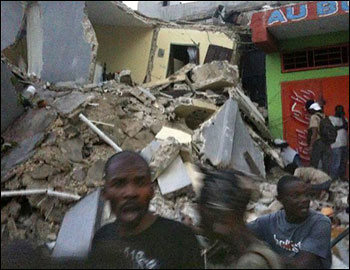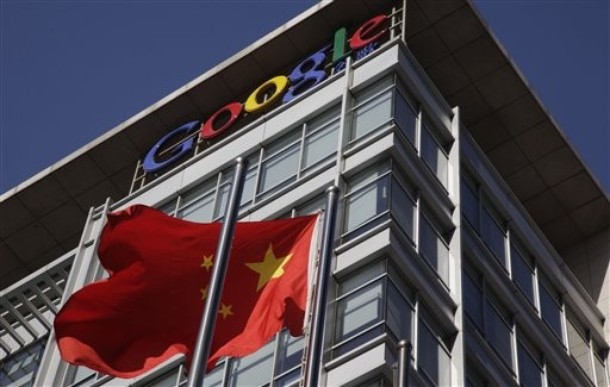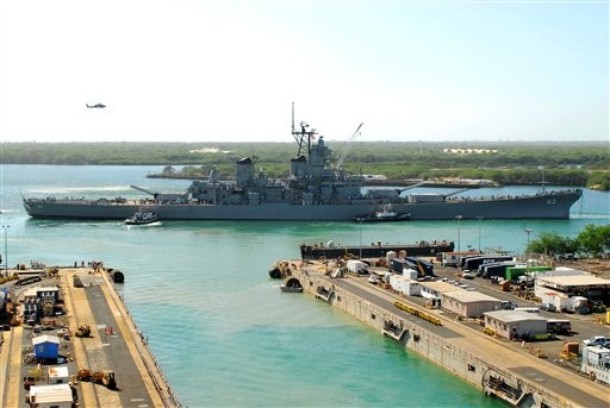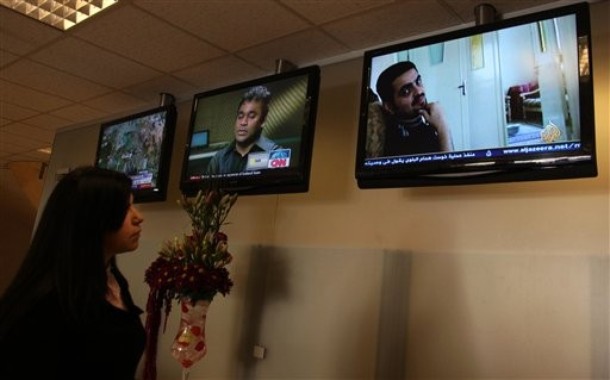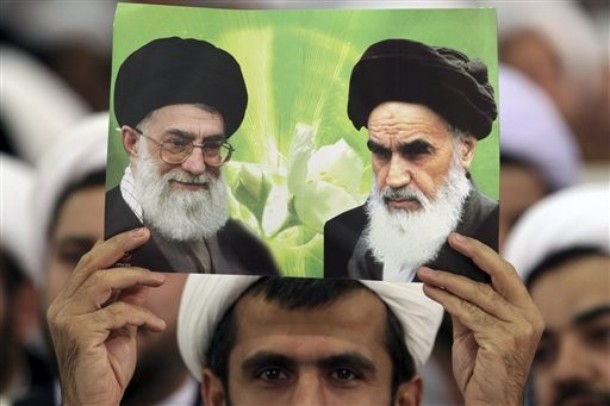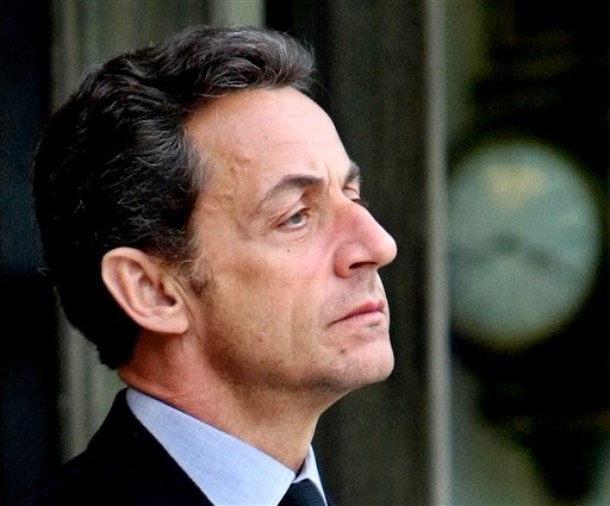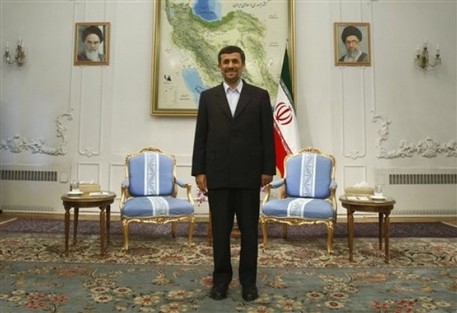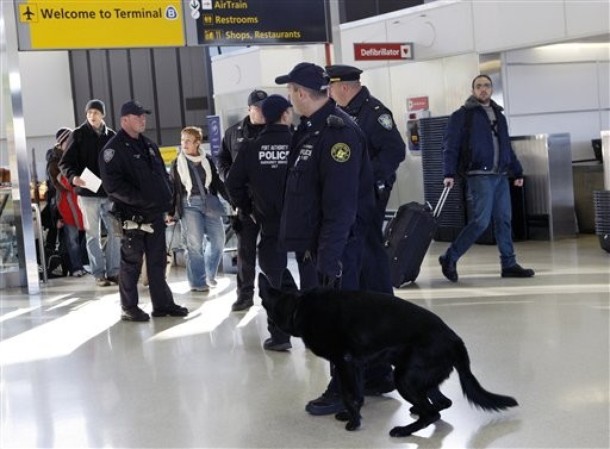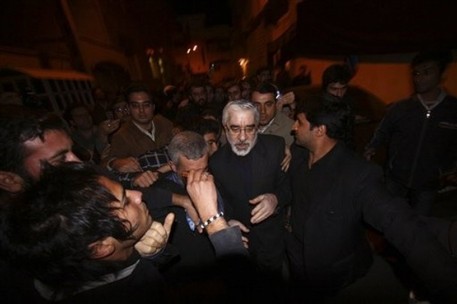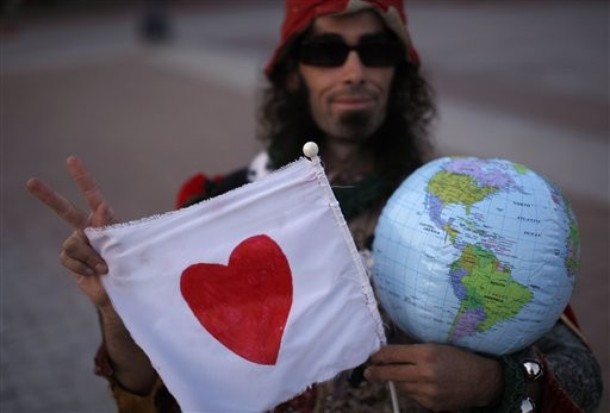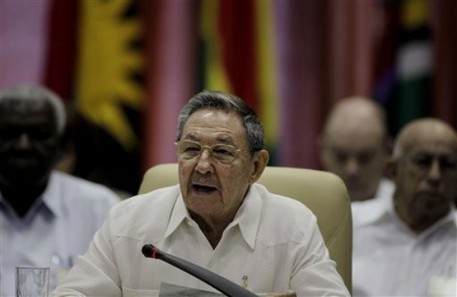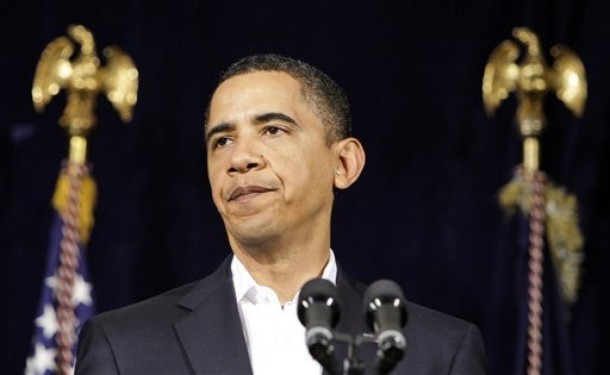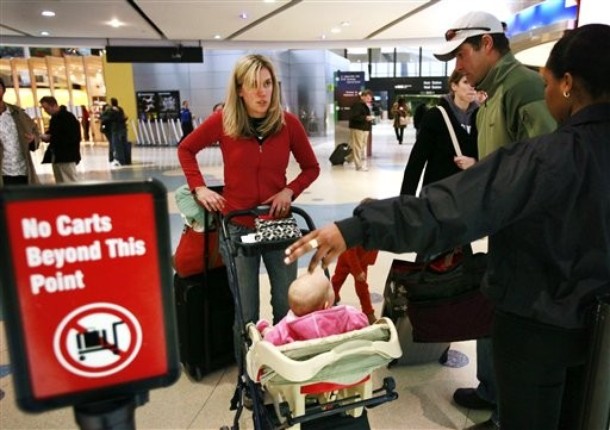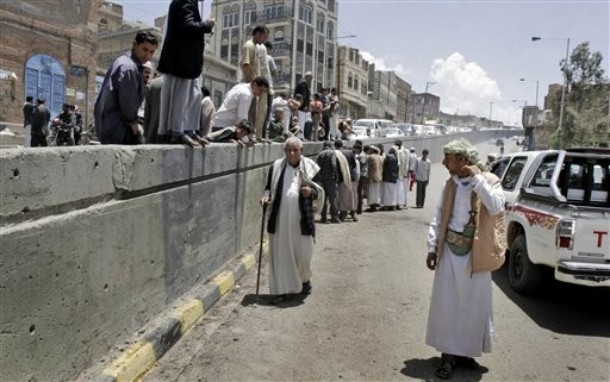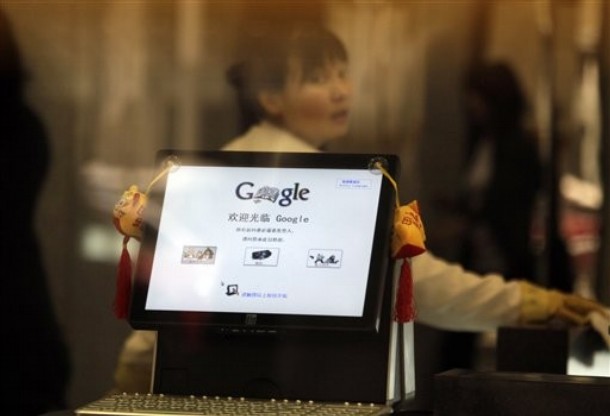
By Patrick Chovanec
An important news story is unfolding today in China. In the wee hours of this morning (Beijing time), David Drummond, Google’s Senior Vice President for Corporate Development and Chief Legal Officer, posted a statement on his blog. The gist of that statement is a business bombshell: Google, faced with what it sees as an intolerable level of censorship and harassment, has effectively decided to pull the plug on its China operations.
Drummond begins by describing the incident that immediately sparked this decision:
In mid-December, we detected a highly sophisticated and targeted attack on our corporate infrastructure originating from China that resulted in the theft of intellectual property from Google. However, it soon became clear that what at first appeared to be solely a security incident … was something quite different … we have evidence to suggest that a primary goal of the attackers was accessing the Gmail accounts of Chinese human rights activists.
Although Drummond does not explictly point the finger at the Chinese government as the perpetrator, it’s hard to read his words as implying anything else.
He goes on to note that when Google entered the Chinese market in 2006, it believed that the potential benefits outweighed some of the uncomfortable compromises it was forced to make. If this proved mistaken, the company pledged, it would reconsider its strategy. The recent cyberattacks, Drummond concludes, combined with China’s tightening controls over Internet access, have tipped the balance. As a result:
We have decided we are no longer willing to continue censoring our results on Google.cn, and so over the next few weeks we will be discussing with the Chinese government the basis on which we could operate an unfiltered search engine within the law, if at all. We recognize that this may well mean having to shut down Google.cn, and potentially our offices in China.
I hear from reliable sources that, as of this morning, Google.cn has unilaterally lifted all of its censorship blocks and is running unfiltered in China. (A more recent report says that the famous “tank man” photo can be accessed, a major no-no as far as Chinese censors are concerned).
Tellingly, Drummond notes that Google’s decision was made in the U.S. “without the knowledge or involvement of our employees in China” — an effort, no doubt, to shield them from retaliation. In light of China’s arrest of four Rio Tinto employees last year on espionage charges following a series of commercial disagreements, Google’s concern is certainly understandable.
Although its statement is couched in diplomatic and open-ended language, make no mistake: Google has crossed the Rubicon. In the U.S., a statement like this might be just a tough-talk negotiating tactic, to see if the other side will blink. But in China, nobody issues an ultimatum — especially not to the government — unless they are fully expecting a final and irreconcilable break. As long as you have some hope of a favorable outcome, you bite your tongue. That’s precisely why Facebook, YouTube, and Twitter have uttered not a word of complaint, even as a six-month ban on accessing those sites has left their Chinese market share in ruins. Google’s decision to publicly throw down the gauntlet — a move sure to be seen by the Chinese government as a virtual declaration of war — is a sign the company has already written off China and is ready to pack its bags.
Some observers wonder whether Google is just using “human rights” as an excuse to fold a failing business, noting that its main Chinese competitor, Baidu, has built up a 75% market share, leaving Google with just 18%. It’s certainly true that striking such a pose would win the company kudos from Congress, which was sharply critical of Yahoo when it handed over information to Chinese police that resulted in the arrest of a journalist.
Still, a company with Google’s resources doesn’t just abandon a huge market like China — even if it ranks a distant #2 — without good reason. There’s widespread feeling among foreign companies in China that the issues Google is complaining about are real, and serious. A senior person with a leading global tech company here in Beijing who I talked to described Google’s announcement as “unprecedented,” and said it will make everyone rethink the way they do business in China. A diplomatic contact told me that the privacy and security issues raised were so serious that “the U.S. government’s response, or lack of response, will send a profound message” not just to China, but the entire world. Already, U.S. Secretary of State Hillary Clinton is demanding an explanation from China for the alleged cyberattacks.
If it does leave, to my knowledge Google will be the first major U.S. company to quit China explicitly for reasons of political interference — and that marks a very significant development. China has always operated on the assumption that, no matter how they might grumble, foreign investors will ultimately accept whatever strictures China dishes out because nobody, in the end, is willing to walk away from the Chinese market. Google’s decision seriously undermines that assumption. There is a breaking point.
Update: The latest news I'm hearing over Twitter is that
1. Google is alternatively denying that you can access "tank man" photos through its Chinese site, or saying you always could, while some are reporting it has turned its censoring filters back on again
2. China has had a remarkably cautious initial response, saying it needs "to study" the Google allegations. I can confirm that, at this moment, Google.cn and Gmail.com are still accessible from China, which really surprises me.
These developments raise two possibilities I did not previously entertain. The first is that Google has the unique size, visibility, and prestige to really play hardball with China, and that turning its censorship filters off and on again was a way to send a message to China that it is willing to hit the "nuclear" button, but is open to talking. The second is that the Chinese government is not completely unified on this issue, that the elements that (allegedly) attacked Google have created an unwelcome mess for other elements concerned that China's business reputation would be damaged if Google picks up its toys and goes home. It is quite possible that both scenarios are true, or neither. The story unfolds ... and is well worth monitoring closely. How it plays out will shape business-government relations in China in significant ways.
(AP Photos)
------------
Patrick Chovanec is a professor at Tsinghua University's School of Economics and Management in Beijing, China. He blogs at http://chovanec.wordpress.com/


